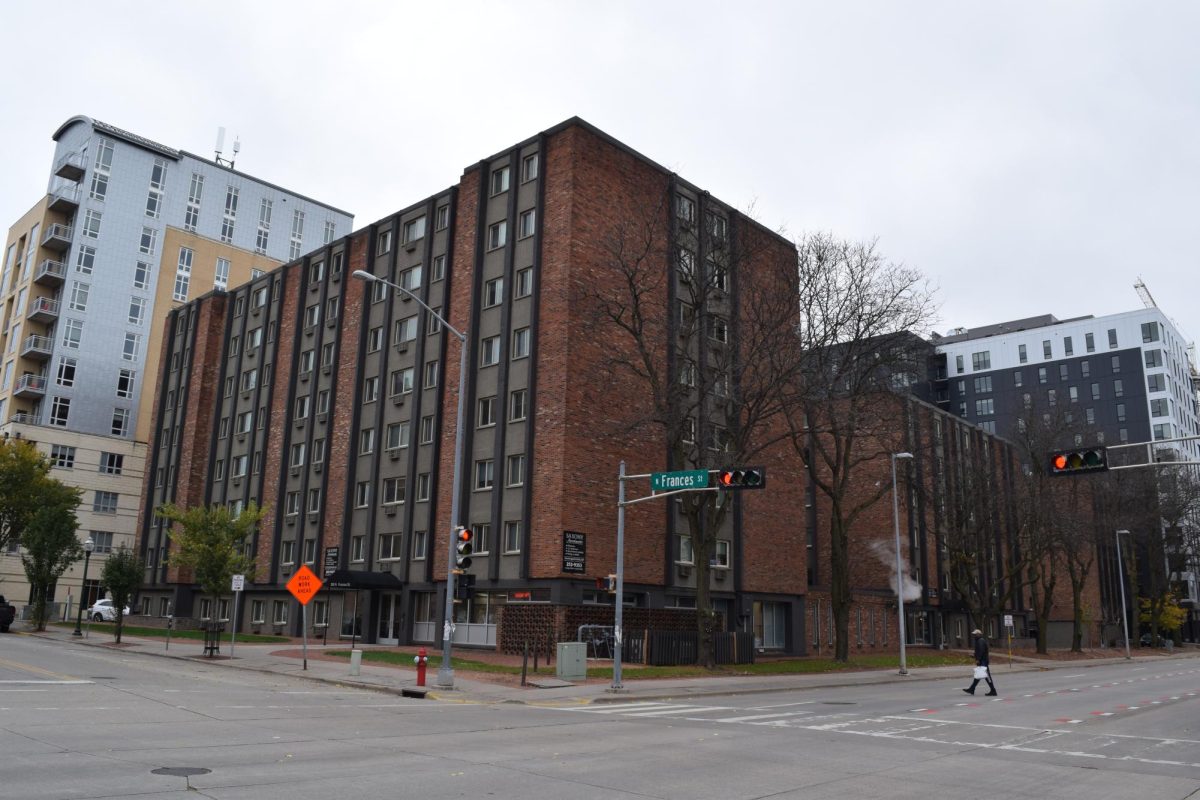UW Health and UnityPoint Health-Meriter are building a new training center and creating support programs for students seeking careers in nursing amidst recent nurse shortages.
During and after the COVID-19 pandemic, there was a heightened focus on the role of nurses in the healthcare system, which eventually led to increased burnout and a nurse shortage across the globe.
Wisconsin has not escaped the effects of this shortage, with the Wisconsin Hospital Association recently releasing conclusions from their personnel survey that found registered nurse vacancy rates in the double digits for the first time since 2005.
These conditions and a lack of recognition of their union prompted hundreds of University of Wisconsin nurses to authorize a three-day strike that was scheduled to begin on Sept. 13.
This strike was canceled just before it was set to start following a meeting between UW nurses and Gov. Tony Evers, who agreed the issue of the union will go to the Wisconsin Employment Relations Commission, who will decide if UW Health bargaining rights are protected under the Peace Act.
UW Health nurses cancel strike following agreement with administration
Chief nurse executive at UW Health Rudy Jackson described the nurse shortage and ways to address it.
“We have to be creative to address the shortage of nurses,” Jackson said. “Patients are living longer, which is requiring more demand from our nurses.”
Jackson has been the chief nurse executive at UW Health for over two years and has seen the nurse shortage increase since he took the job.
One tactic to battle the nursing shortage is a new training center that is under construction on the Beltline Highway near Monona Drive. UnityPoint Health-Meriter is developing the $6.9 million dollar facility. The center was created to provide aspiring nurses a quality education and to support the recruitment of other workers in the healthcare industry.
Additionally, UW Health committed to support students who are attempting to earn a certified nursing assistant credential. These students will also be presented with the opportunity to collect an associate and bachelor’s degree in nursing at UW.
People who decide to go through with the program will be eligible for employment at UW Health. All of their schooling costs will be fully paid for in the hopes that underserved communities will be better represented.
Focusing on communities of color and meeting everyone’s socioeconomic needs is a priority for Jackson, he said.
Jackson believes there are many people in low income communities that haven’t gotten the chance to show their abilities as strong contributors in the healthcare industry. He added that he hasn’t seen programs and centers like this being made around the country to help combat nurse shortages — he hopes similar pathways can develop beyond the Madison area.
Recent statistics show the state of Wisconsin will be 63,000 nurses short in the next few years, but Jackson hopes new efforts to boost the workforce will slow the steep increase of shortages.














